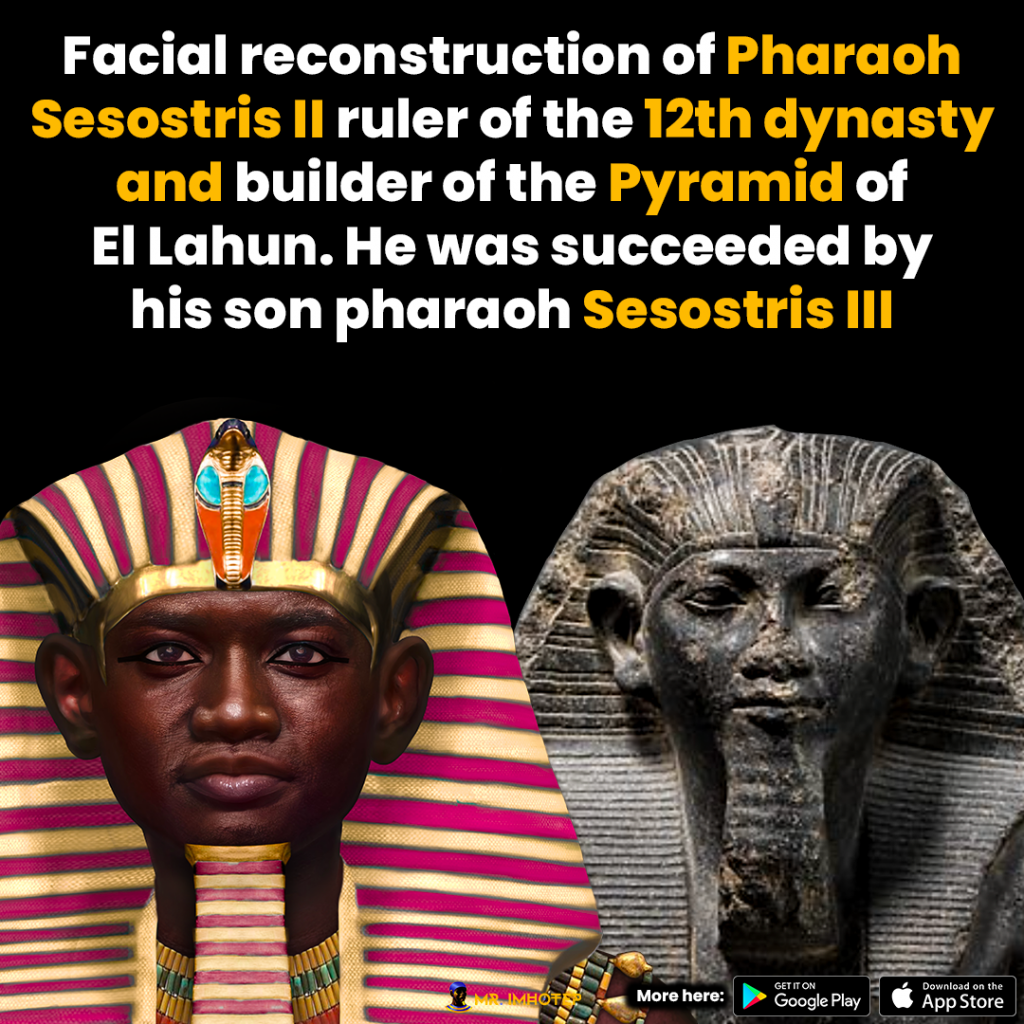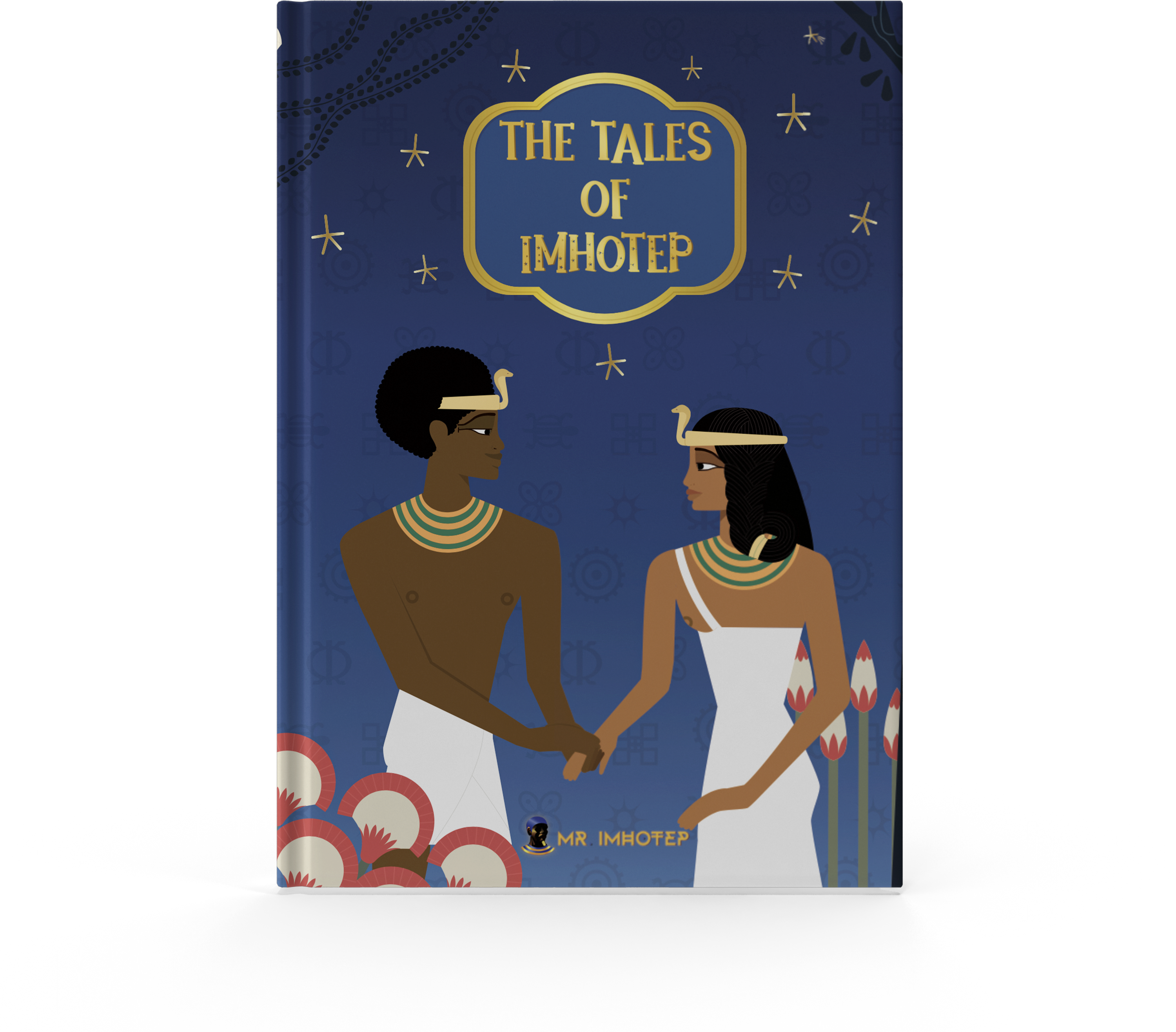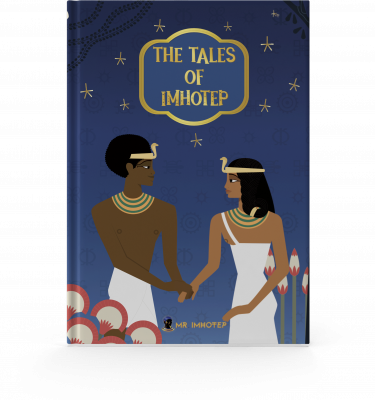Last December, US comedian Kevin Hart announced that he would be performing in Cairo, Egypt for the first time on February 21, 2023. As soon as tickets went on sale, Egyptians took to social media to attack Hart and call for the cancellation of his performance. The calls accused Hart of falsifying history due to previous so-called Afrocentric comments he made about ancient Egypt.
But what exactly is Afrocentrism? It’s a movement that promotes African culture and emphasizes its contributions to the development of Western civilization. It suggests that ancient Egypt’s rulers and population were black and came from Africa.
But according to Hart’s opposers, this fact has been revised and ultimately erased from Western and worldwide scholarship. Hart is believed to have said in the past, “We must teach our children the true history of black Africans when they were kings in Egypt, and not just the era of slavery that is cemented by education in America. Do you remember the time when we were kings?” This statement highlights the importance of Afrocentrism and the need to accurately represent history.

In response to Hart’s performance announcement, the viral hashtags #CancelKevinHartShow and #الغاء_حفل_كيفن_هارت trended on Twitter for over a week, with some stating that the actor was “not welcome in Egypt” and others accusing him of “blackwashing” Egyptian history. Hart has yet to address the viral hashtags or the reactions to his performance announcement.
But what do Egyptian historians and Egyptologists have to say about all of this? According to Zahi Hawass, an Egyptologist and Egypt’s former Minister of Antiquities, the Africans and Kush ruled Egypt in the 25th Dynasty, 2,000 years after the pyramids were built. However, Hawass also stated that “scientifically speaking, Africans have nothing to do with the building of the pyramids.”
@KevinHart4real we were never black and this is the difference stop trying to steal other’s culture to create fake value for yourself we were sympathizing your past as slaves but that’s doesn’t mean to wipe it with stealing #kevinhart_is_not_welcome_in_egypt pic.twitter.com/hcCiA5qDh3
— بهيجه هانم (@hanm_144) December 17, 2022
Egypt is black Africa . Egypt is an African country not in Arab country. The original Egyptians are black and finally Egyptians are black Kevin Hart is right #EgyptiansWereBlack #BlackTwitter #KevinHart #kevinhart_is_not_welcome_in_egypt #kevinhart_is_racist #Egyptian pic.twitter.com/pgDCJ6qer4
— Kinglioncrown (@kinglioncrown) December 21, 2022
They all pretend that determining the race of ancient Egyptians is difficult due to the country’s history of invasions by neighboring countries and the presence of foreign communities. And according to them, It was only late in its history that the country was briefly ruled by the Kingdom of Kush, who are identified are the “True Blacks”, and which was located in southern Egypt and northern Sudan, but it quickly lost its control to “native Egyptian rulers.”

To back up their claims, protestors used a study by the University of Tuebingen and the Max Planck Institute found that ancient Egyptians shared a genetic profile with Eastern Mediterranean and Anatolian populations, but these findings are limited to DNA extracted from 151 mummies in Middle Egypt from 1400 BC to 400 BC. Egyptian history spans much longer and over a larger territory than the time period and location covered in the study.
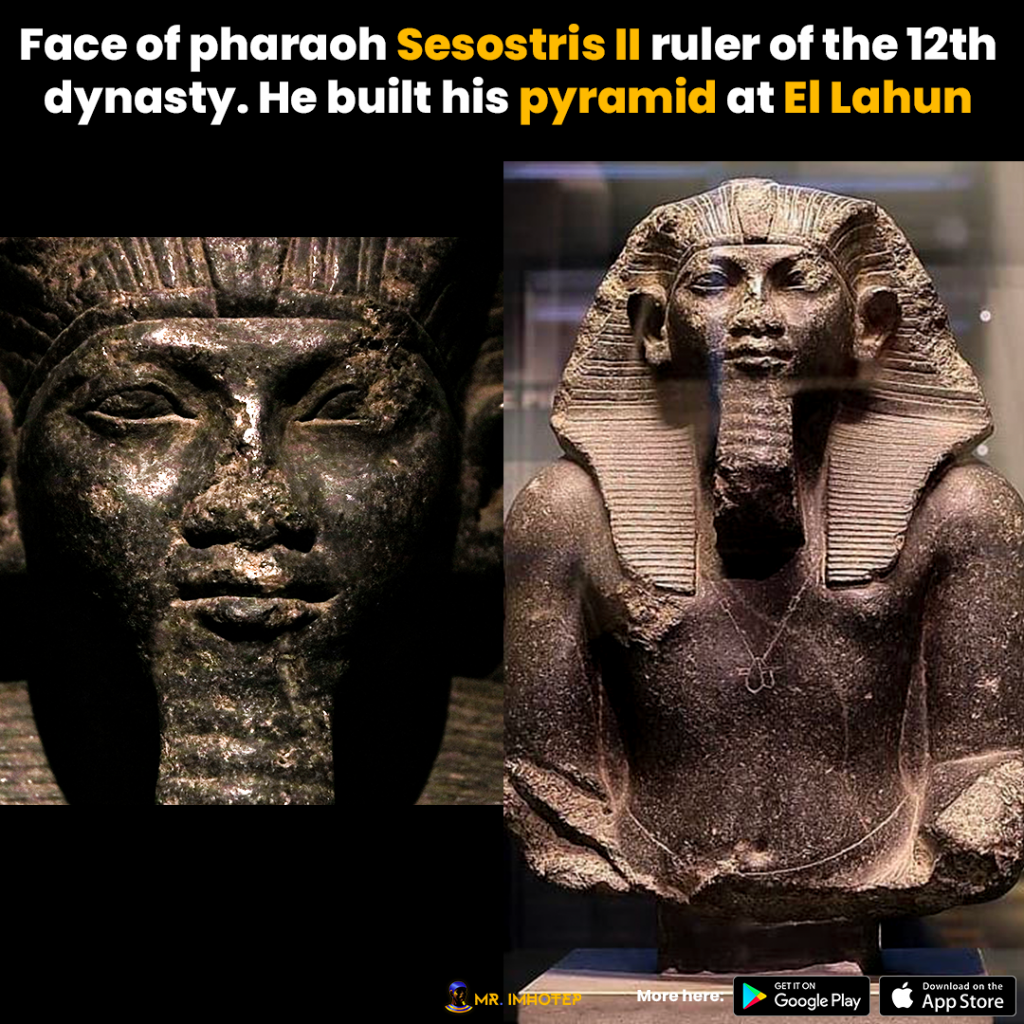
As someone who spent a lot of time studying the history of Ancient Egypt, it’s clear to me that Kevin Hart’s opponents are spreading misinformation about the racial makeup of the civilization’s rulers and population. While it may be difficult to determine the exact racial profile of ancient Egyptians, during all its existence, it’s important to recognize that the civilization was located in Africa and that the people who built it were of African descent.
Contrary to the claims of some, such as Egyptologist Zahi Hawass, the indigenous population of ancient Egypt included people now referred to as “blacks” or Nubians. They were not foreigners in that country, but the natives of that country.
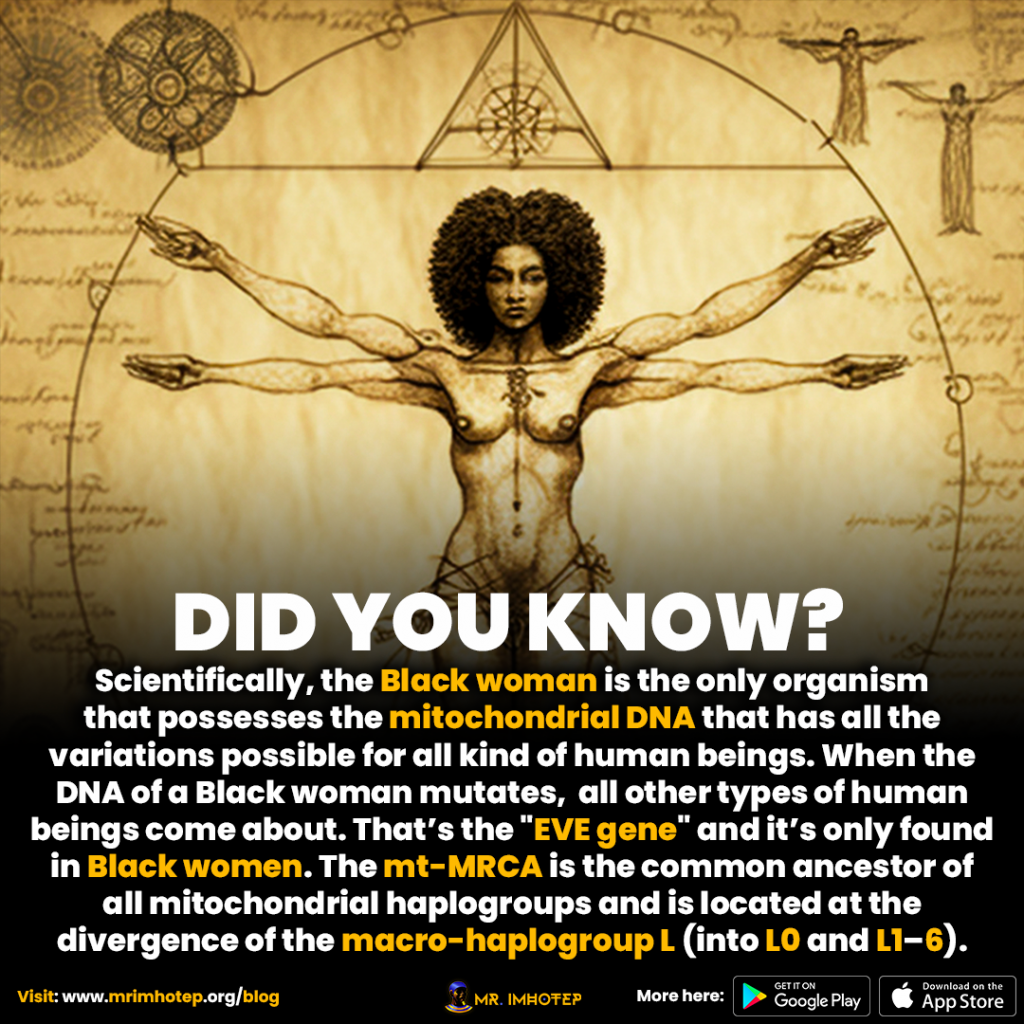
In fact, DNA evidence from the Adaima necropolis, which includes nearly 1,000 tombs, dating from the predynastic (circa. 4,000 B.C) to the dynastic periods. In other words during the founding years of Ancient Egypt. This is the most significant study about Ancient Egypt right now. The analysis shows that the population belonged to the indigenous African mitochondrial DNA haplogroup L0f.
For further evidence, you can watch the following video in which Zahi Hawass is caught lying about the ancient population of Egypt being black and admitting that ancient Egyptians were black and dark-skinned. You can also check out the following articles for more in-depth information on this topic.
Additionally, the lineage of Pharaoh Ramses III, known as the greatest ruler of the 20th dynasty, was found to belong to the E1b1a haplogroup, which is most common in Sub-Saharan populations. This further supports the presence of black people in ancient Egypt.
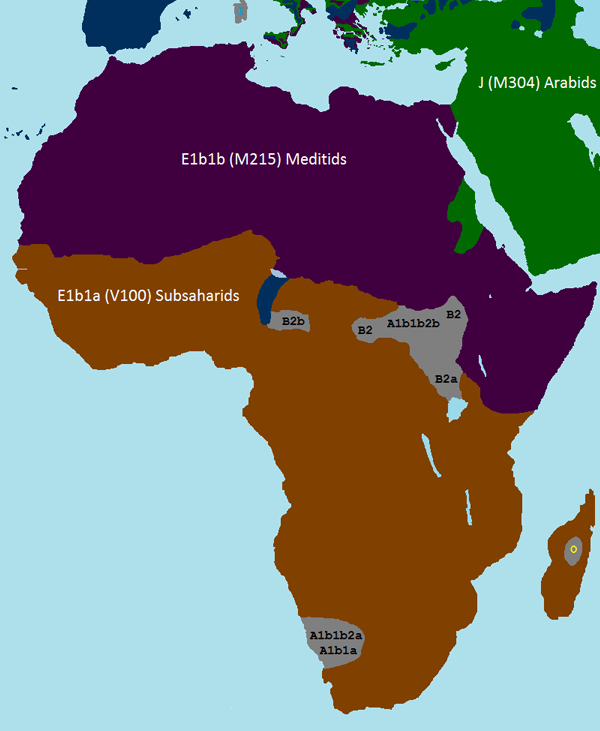
It’s important to recognize and support Kevin Hart’s efforts and courage to promote the truth about the history of ancient Egypt and its connections to Africa and African culture. There is much more evidence to support this, and I encourage you to stay informed by subscribing to my newsletter, downloading my app, and staying up to date with my upcoming documentary on the topic. You can also watch my video about this topic on YouTube and especially read the following articles for more information.
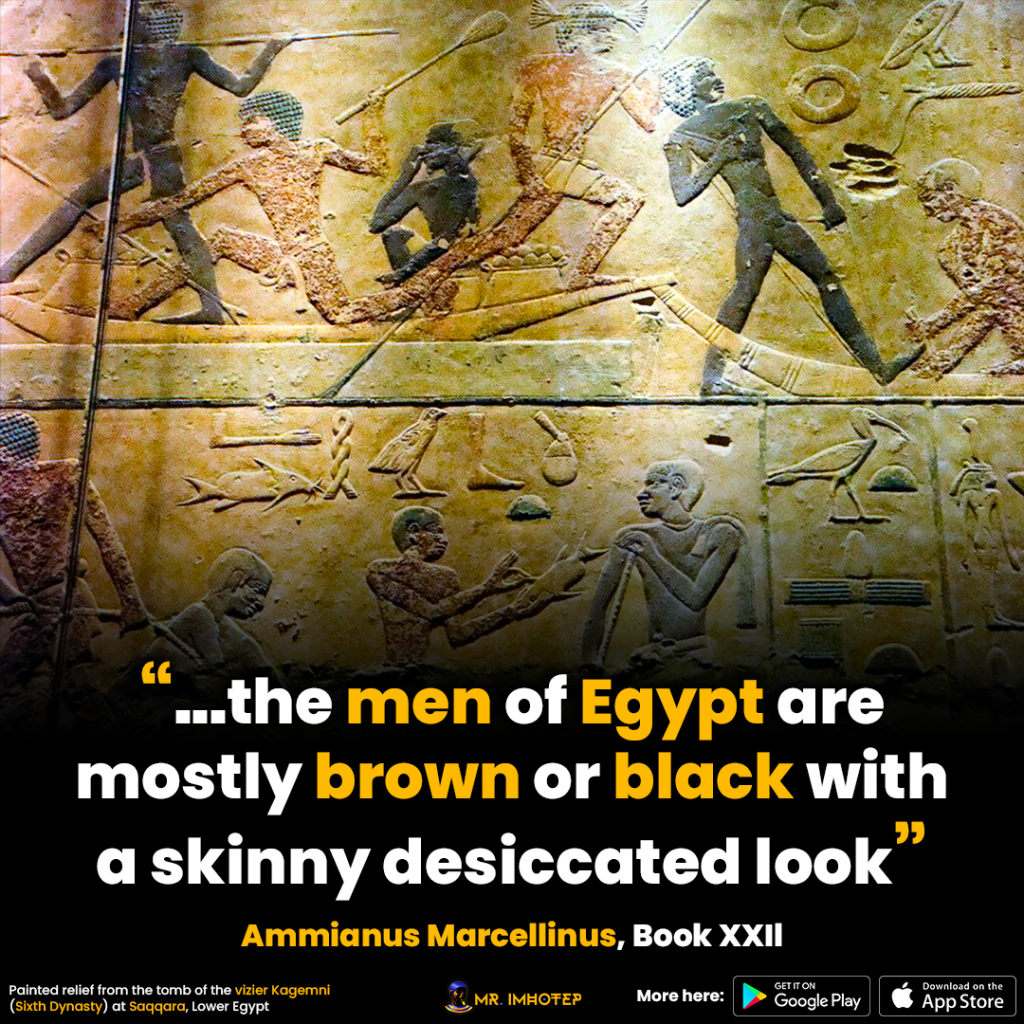
References:
African Scholars debunk the latest genetic study
DNA Analysis Reveals Unexpected Ancestry of Ancient Egyptian Population
The Natufians: Africa’s Hidden Heroes of Agriculture And Civilization
This Study on Ancient Egyptian Hair is Sure to Spark a Heated Debate
The Badarians: Did They Leave Their Mark on the Great Sphinx?
DNA Evidence Shows Original North Africans Had Sub-Saharan Ancestors


